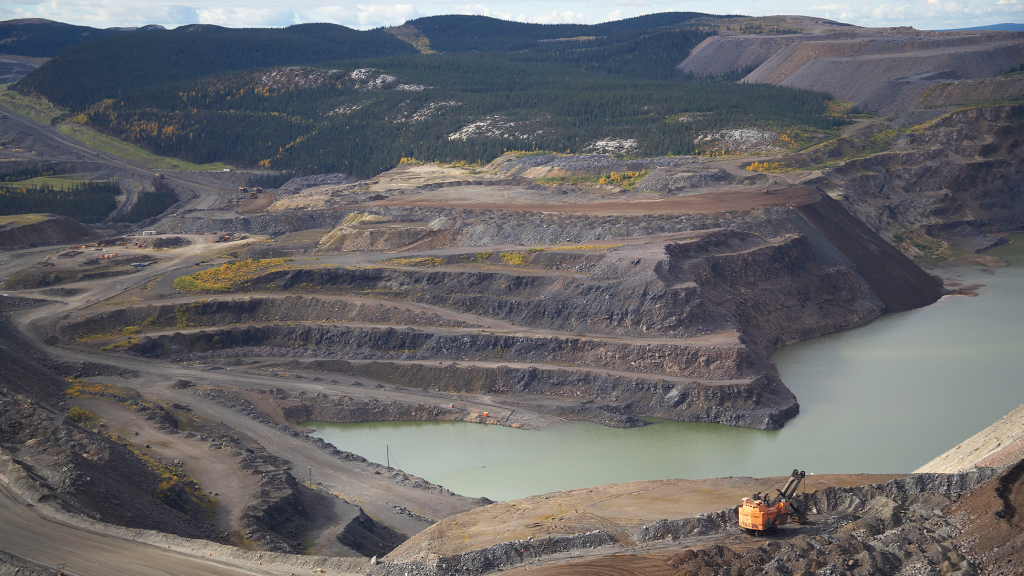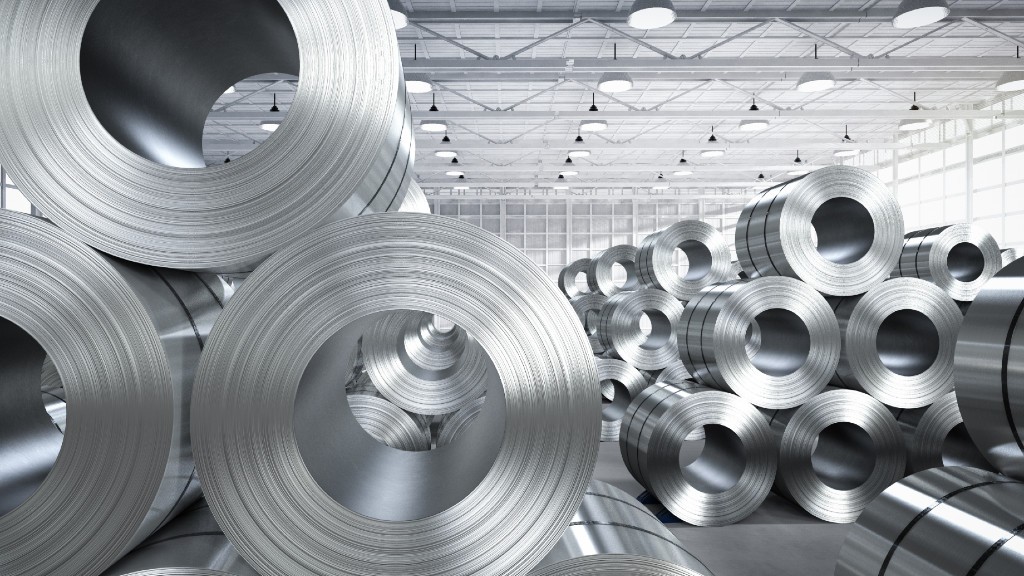
Rio Tinto and H2 Green Steel have signed a multi-year supply agreement for high-grade direct reduction iron ore pellets from Rio Tinto's Iron Ore Company of Canada (IOC) operations. Rio Tinto will also purchase and on-sell a part of the surplus low-carbon hot briquetted iron (HBI) produced by H2 Green Steel during the ramp-up of its steelmaking capacity.
IOC's direct reduction pellets will account for a significant part of the iron ore supply to H2 Green Steel's flagship plant in Boden, Sweden. H2 Green Steel says that the plant in Boden will be one of the world's first large-scale producers of low-carbon iron and steel.
The fully integrated, digitalized, and circular plant is expected to start operations in 2025, processing direct reduction pellets into HBI and then making steel through electric arc furnaces using green hydrogen. The Boden site will hold what H2 Green Steel says is one of the world's largest electrolysis plants for green hydrogen production.
The production of steel currently contributes around eight percent of global carbon emissions. By using green hydrogen in electric arc furnaces instead of coal in traditional steelmaking with a blast furnace, CO2 emissions can be reduced by up to 95 percent.
"This is a significant milestone for our project in Boden," adds H2 Green Steel Chief Executive Officer Henrik Henriksson. "Not only by securing a supply of the high-quality iron ore needed for our green steel production but also because we have a buyer for a portion of the HBI we initially expect to produce."
"We are partnering across the steel ecosystem to find better ways to support the decarbonization of iron and steel making, and to reduce our scope 3 emissions," says Rio Tinto Head of Steel Decarbonisation Simon Farry. "Our supply of high-grade iron ore pellets will support the acceleration of H2 Green Steel's project, and on-selling their low-carbon HBI will enable us to gain a deeper understanding of the future needs of our customers and end users in the emerging green iron and steel market."




